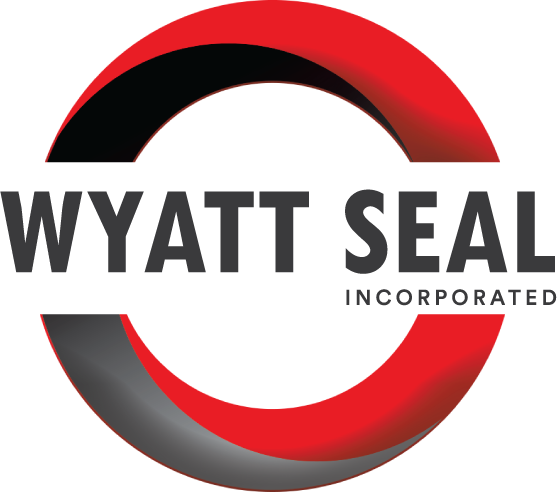Deciding between a standard seal and a custom seal involves several considerations that relate directly to your specific needs and the demands of your application. Standard seals are pre-manufactured to fit common specifications and are readily available, making them suitable for general applications. In contrast, custom seals are specifically designed and produced to meet the unique requirements of a particular application, offering optimized performance and reliability where standard seals might not suffice.
Specifications and Requirements
Size and Fit
Standard sizes may not always align with the unique dimensions of your installation space. Custom seals are tailored to fit precisely, eliminating potential compatibility issues and enhancing performance.
Material
Different environments demand seals made of specific materials to handle extremes such as temperature fluctuations, corrosive substances, and unusual pressures. Custom seals allow for the selection of materials that standard options may not offer, ensuring your seal performs optimally under all conditions.
Performance
Sealing Integrity
In sectors where failure is not an option—like aerospace, automotive, or life sciences—custom seals are designed to meet stringent performance criteria, ensuring reliability and safety.
Durability
Custom seals are engineered to outlast standard seals under strenuous conditions, offering enhanced resilience and reducing the frequency of replacement.
Cost
Initial vs. Long-Term Costs
Although the initial investment in custom seals might be higher, the long-term savings can be substantial. By reducing maintenance downtime and extending the lifespan of your equipment, custom seals can offer a better return on investment.
Volume
For large-scale needs, the unit cost of custom seals can become increasingly economical, especially when considering the longevity and reduced maintenance costs.
Lead Time
Availability
Standard seals may be readily available; however, if they are not in stock, they may still require a manufacturing lead time. Custom seals, although requiring a longer lead time due to the detailed design and production process, ensure that you receive a product perfectly suited to your application.
Development Time
The investment in time to develop a custom seal pays off in performance. The thorough process of engineering, design, prototype testing, and tooling is crucial to create a seal that meets your specific needs and performs reliably under your operational conditions.
Regulatory and Compliance Issues
Certain industries are governed by stringent regulatory standards that off-the-shelf seals may not satisfy. Custom seals can be specifically designed to comply with industry regulations, ensuring that your operations remain within legal and safety guidelines.
Advice from Experts
Consulting with the seal specialists at Wyatt Seal can help determine whether a standard seal suffices or if a custom solution is necessary. Our team can evaluate the mechanical and environmental factors at play and advise on the optimal sealing solution.
For applications requiring precise specifications, facing harsh conditions, or needing to meet strict regulatory standards, custom seals often represent the best choice. They provide a tailored solution that enhances both performance and durability, potentially lowering long-term costs and improving operational efficiency.
If you need help navigating this process to find the right seal for your project, talk to a seal expert at Wyatt Seal. We’ve spent 50 years building relationships with seal manufacturers worldwide to offer you access to thousands of seals, gaskets, O-rings, and other specialty items for any application.


![The Investment Value of Custom Seals in Demanding Applications [Blog]](https://www.wyattseal.com/hs-fs/hubfs/Images/Blog%20Photos/The%20Investment%20Value%20of%20Custom%20Seals%20in%20Demanding%20Applications%20%5BBlog%5D.webp?width=723&height=482&name=The%20Investment%20Value%20of%20Custom%20Seals%20in%20Demanding%20Applications%20%5BBlog%5D.webp)